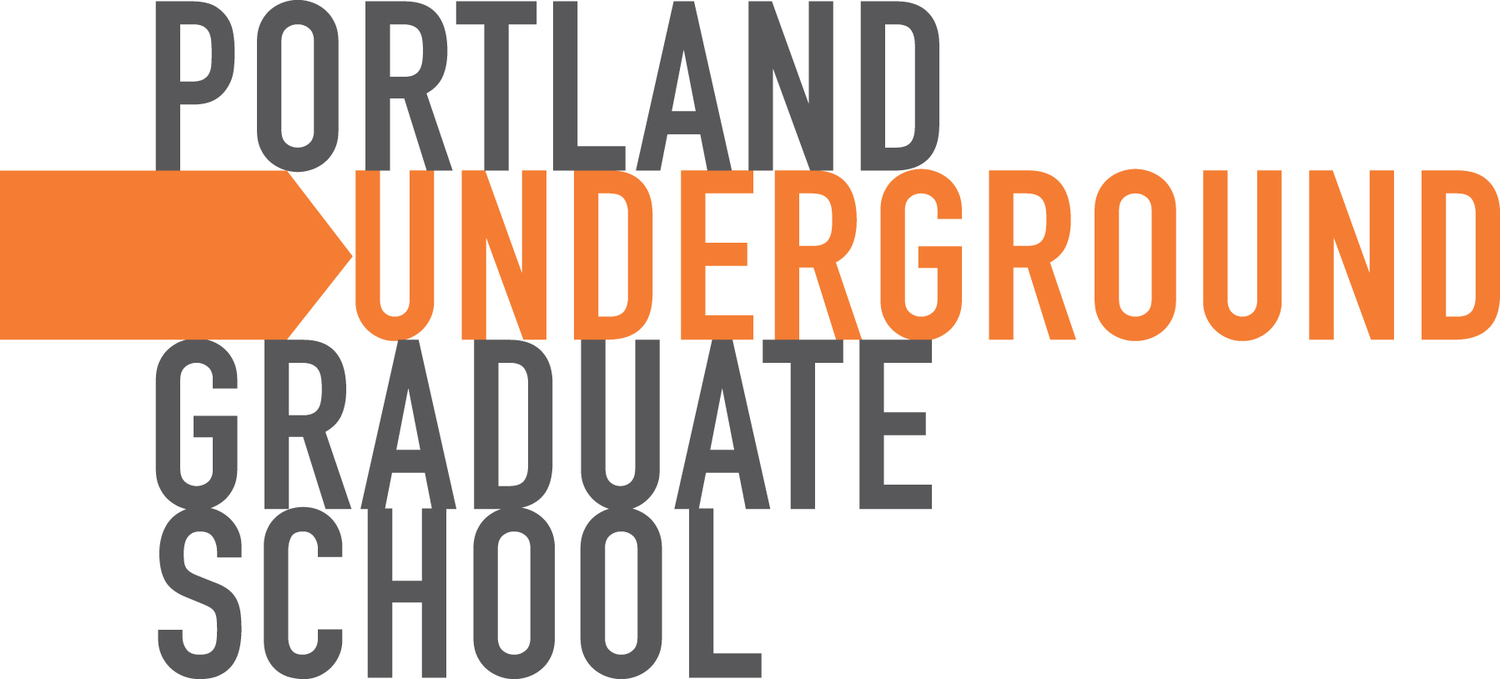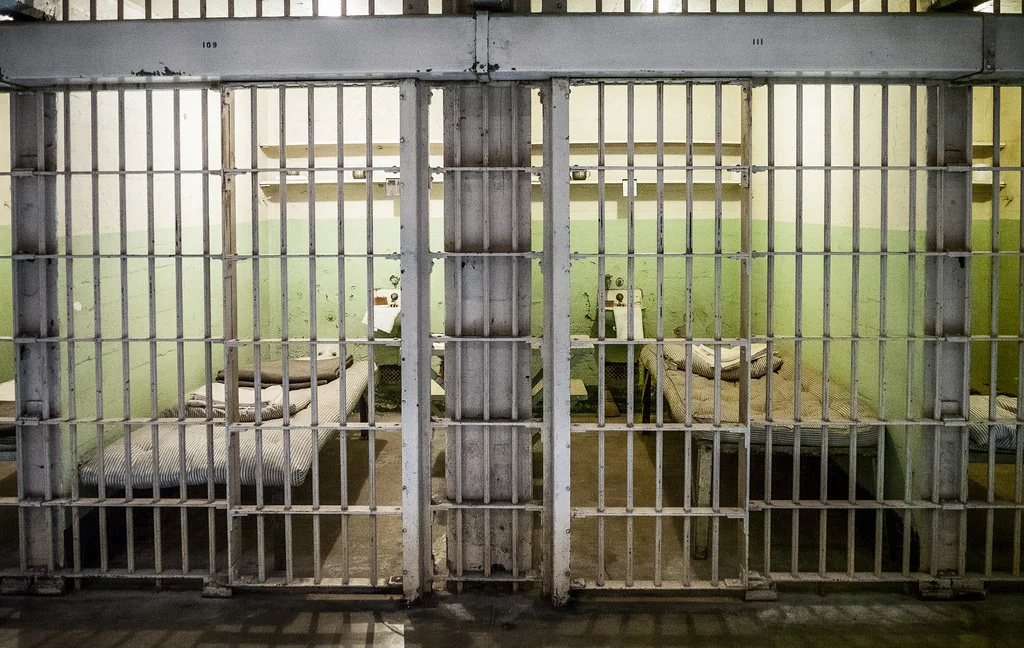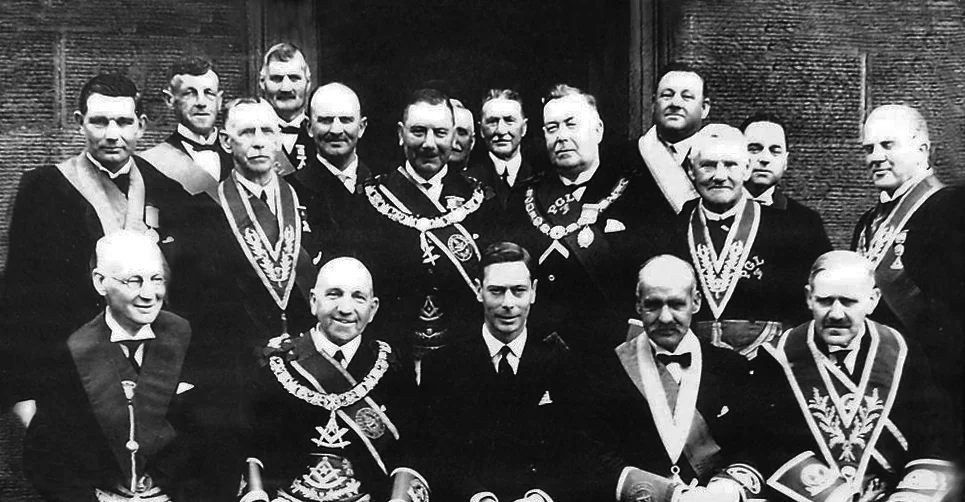HISTORY
From its foundation as a small, speculative settlement along the Willamette to the current gentrification and redevelopment controversies today, Portland’s urban landscape is ever-changing. Considering race and class in each gathering, this course will feature four walking conversations on the built environment of our urban landscape and how Portland came to look the way it does. Leave the course with a richer understanding of Portland’s history and the ability to further investigate how race, class, and urban development have been shaped into what it is today.
How can we protect our public lands? From the Trump Administration to the Far Right militants who occupied the Malheur National Wildlife Reserve in 2016, our public lands are under threat like never before.
Understanding and Moving Beyond the Current Prison Crisis
The US incarcerates more people per capita than any other country in the world, and incarceration is acutely and disproportionately concentrated among communities of color. This course provides a substantive overview of what has become known as mass incarceration – the dramatic expansion of the US prison system over the past 40 years. Learn about mass incarceration’s history, scope, and impact; its connections to the War on Drugs and the legacy of slavery; and the exciting movements and strategies being deployed to dismantle it.
How to Read and Understand the Built Environment
Portland has been the scene of successive projects intended to shape what it means to be a modern American city. This course features 4 walking conversations on our urban landscape and how Portland came to look the way it does.
How have African American poets elegized victims of lynching and state violence? How have they celebrated acts of resistance? We study poems that bear witness to histories of violence visited on black bodies. Explore their literary mastery and the ways they expose and resist violence and mass incarceration. Reflect on how contemporary works revise elegiac tropes in response to the persistence of racist violence and the rise of Black Lives Matter.
This series of four walking tour seminars imparts observational skills that will educate you on the city's history, architectural development and urban growth from the period of its founding right up to the present moment. Class discussions will range from classic Portland buildings styles to the latest trends in contemporary architecture, economic sustainability and issues surrounding neighborhoods in transition.
The human story begins 3 million years ago, but written history dates back a mere few thousand years. This course will take us to the brink of what we know and what we don’t. The evolution of physiology, technology, and culture are frames for examining prehistory to ponder who we are, where we've come from, and where we need to go.
From its tenuous and humble beginnings as a frontier outpost on the western fringe of the continent to its current status as media darling and the most popular city in America to relocate to Portland has had a colorful, varied and often tumultuous history. This course will examine various aspects of that rich history.
This is a survey of black history in Oregon. We'll go from the earliest explorations through the wagon train and statehood eras down to the creation of the contemporary Portland black community in the mid-20th century, including the effects of gentrification on the black community. Topics include: pioneer-era racial policy, black exclusion laws, white affirmative action, Jim Crow practices, the KKK in Oregon, and relationships between Oregon police and black communities.
Want to talk about critical national issues in a safe space? This class is a dialogue about the history and legacy of race relations in America, which we will explore via the work of Ta-Nehisi Coates. Coates is the author of Between the World and Me, which looks at race in America. It won the 2015 National Book Award for Nonfiction and the 2015 Kirkus Prize for Nonfiction. Coates is a national correspondent at The Atlantic and a 2015 recipient of the MacArthur Fellowship. He writes with a bracing honesty about slavery, housing discrimination, the fear and control of black bodies, and the racialized roots of American wealth. Coates' work in The Atlantic, along with responses from The National Review, will be the basis of our inquiries and discussions.
Climate change, environmental destruction, patriarchy, privilege, consumerism, health issues, lack of community, disconnect from nature, hunger, population growth...all root from the same problem: domestication of humans and of the wild over the last several thousand years. How did we get into this mess? From conservation biology to the paleo diet, people are realizing the neolithic period led humanity astray. Rewilding offers us a way out. This is an intense crash course on what rewilding is, how you can rewild, and why you must.
Freemasons, the Illuminati, the Priory of Sion, the Klu Klux Klan: why do secret societies remain such an enigma? From the mystery schools of Ancient Greece to the hidden rituals of the Skull and Bones, these organizations are often the subject of wild speculation, conspiracy theories, and legendary histories. Explore centuries of pseudo-history and misinformation to learn the true history of these mysterious organizations, both real and fictitious. Explore the role of secret societies in politics, religion, and history; their many different roles in public and private life; and the complex dynamic between them and general society.
Rewilding in Action takes rewilding from the theoretical to the practical. We will cover how to integrate the ideas and concepts of rewilding into your life personally, collectively + institutionally. We will work as a think-tank, beginning to paint the mosaic of rewilding + assessing how various actions contribute to a larger vision. How can we break down barriers to rewilding? Share ideas + strategies as a learning community to integrate rewilding into your everyday life through concrete action plans.
Despite Oregon’s progressive and forward thinking reputation, our history tells another story – indeed, many refer to Oregon as the South of the North, as we have historically embraced segregation, exclusion and displacement. This course tells of the extraordinary ways that white people worked to build and maintain our power in the state. Through this class, we will look at how Oregon’s whiteness, historically and today, has created this reality.
Portland in Transition
Once again our urban landscape is in a period of great transition. Acquire the tools to talk about our architectural past and identify the styles which define it. Explore the urban environment and forensically examine its history. Discuss examples of old and contemporary buildings. Share your thoughts and opinions about them, and hear what others have to say.
Who's tracking you on the Internet? With the rise of privacy concerns in digital spaces, encryption technology has become an increasingly important modern topic. But the practice of secure communication, and the practice of trying to break it, have been around for centuries. Come examine the origins of cryptography, from Caesar ciphers to modern day techniques and even learn some basic crypto methods that can be done by hand. More importantly, learn the principles of cryptography and digital privacy to protect your data more securely.

















